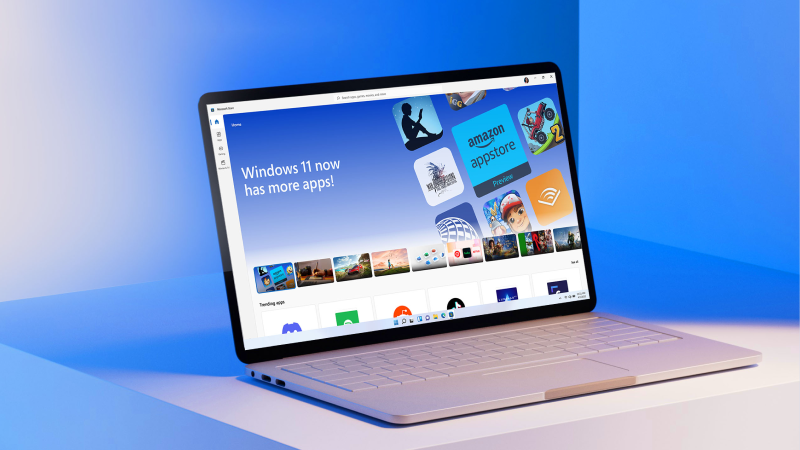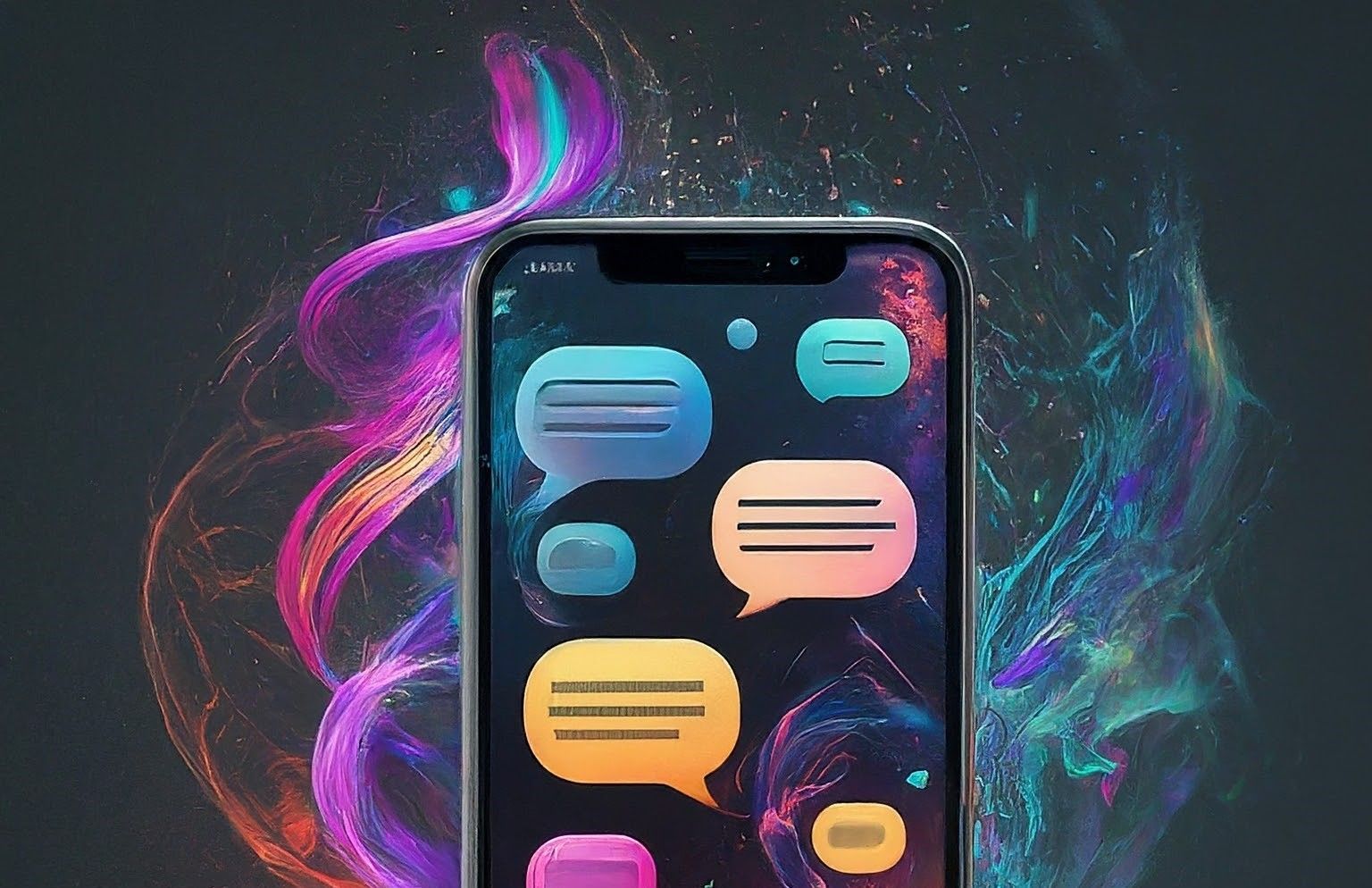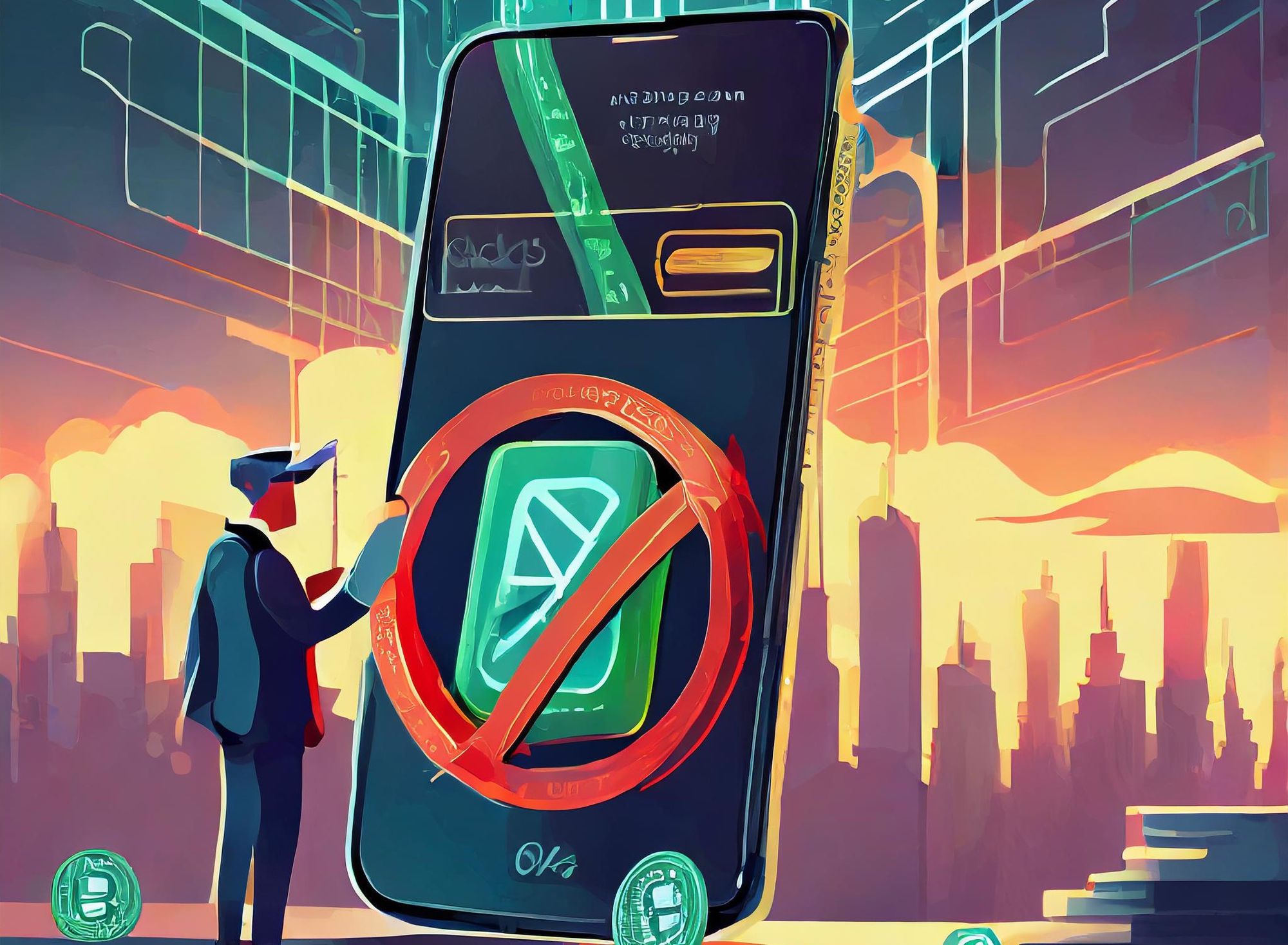Table of contents
Google announced that all users would now be able to set up passkeys by default. This means that the next time you sign in to your Google account, you shall start seeing prompts to create and use passkeys. This move is set to simplify future sign-ins.
It also means that you can now “skip password.” Passkeys by Google is a novel concept of authentication that does away the need for usernames and passwords. This new step toward ultra-modernization shall soon be seen in all devices.
Source: (1)
Source: (2)
Source: (3)
Faster and Secure Login
Normally we create a new account or identity on any online platform with a username and password. Usernames are our public identity and passwords are used to access the platform with security. It is often a combination of letters, cases, numbers, and special characters.
In the world of passwords, many of us end up reusing the same password on all platforms. When we come across a platform that does not accept our universal password, we just panic and then forget the password to create a new one and then forget again.
So, Passkeys by Google is an innovative solution to such modern problem of holding endless unique passwords. Google is taking this modern step to widen its adoption. The new feature is now a default option for personal Google Accounts.
Google now allows you to generate and use a passkey the next time you sign in to your account. Your Google Account Settings will now feature the “skip password when possible” option enabled, you can also disable passkeys by unchecking the box.
According to Google, people have already started using passkeys on Search, Maps, and YouTube. Now even Uber and eBay support passkeys, and WhatsApp is also in the process of launching passkey compatibility.
Passkeys employ a fingerprint, facial scan, or device pin to access your mobile or password manager. The public key is then stored by the website or service provider while the private key is stored locally by the authenticator devices.
Since many users rely on reusing simple passwords across the internet, passkeys are considered a better and safer alternative. Passwords are also saved in remote databases which makes them vulnerable to hacking.
More apps and developers are likely to follow suit in Google's mega initiative to make passkeys a default option for personal Google Accounts. We shall explore and understand more about the feature, as we get updated.
What are Passkeys? Google
Passkeys are a modern way of signing in using your biometrics. It was developed to replace the traditional password system and provide a hassle-free login experience.
When you create a passkey, two passkeys are generated, one saved by the website or service where you created the account, and the other on your device to prove your identity. If you somehow lose your devices, no worries, it can be accessed on multiple devices.
So, there’s always a backup plan when Google launches any new feature. All you will be asked to do is reauthenticate to your phone number, email, address, or the hardware security key, only required if you have one.













